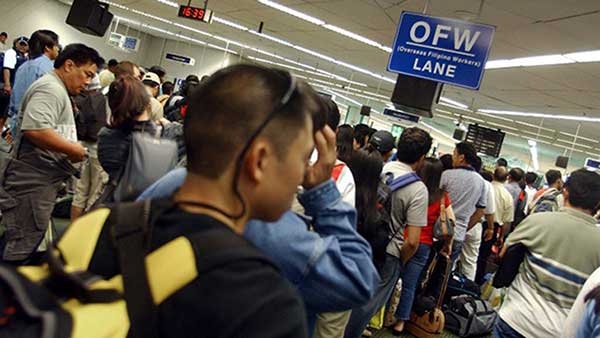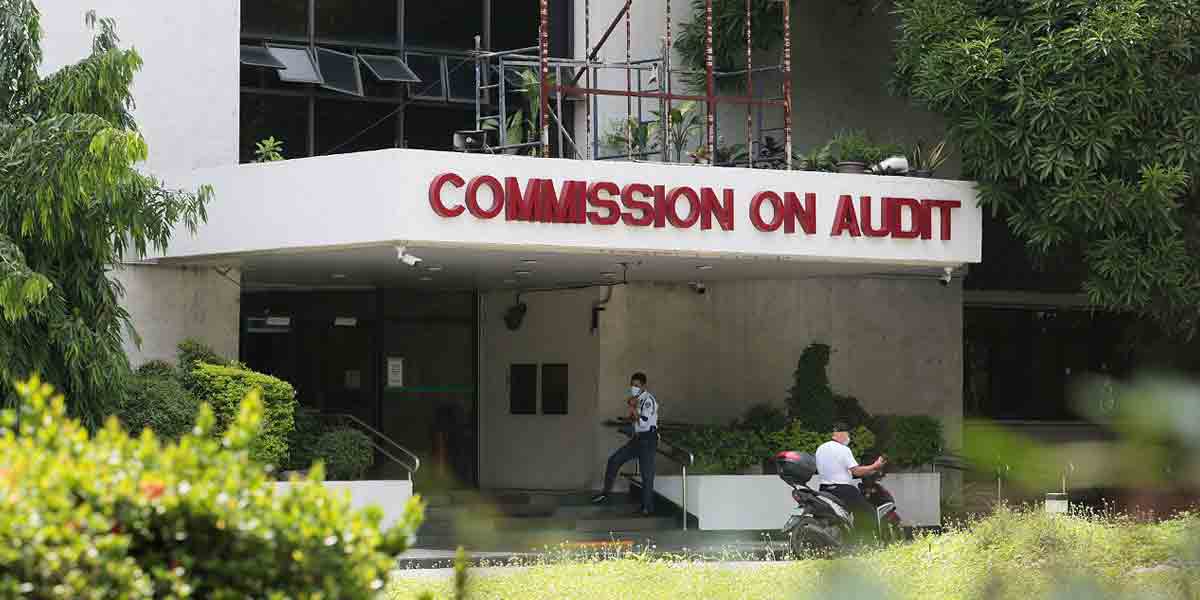
By Francis Allan L. Angelo
Overseas Filipino Workers (OFWs) have long been hailed as the “modern-day heroes” of the Philippines, sending record remittances that sustain the country’s economy.
In 2023, remittances reached an all-time high of USD 37.2 billion, contributing 8.5 percent to the gross domestic product, according to the Philippine Statistics Authority.
However, while the economic benefits are undeniable, the social costs of migration continue to burden OFW families, raising concerns about household dependency and emotional strain.
OFWs working abroad often send money to support their families in the Philippines. Despite challenging economic conditions globally, remittances remained strong, even during the COVID-19 pandemic, with USD 29.9 billion sent in 2020.
This financial aid is vital for meeting the needs of families back home, but it can lead to a dangerous overreliance on remittances.
Economist Dr. Anthony Tuaño-Amador pointed out the risk of dependence, saying, “The continuous flow of remittances can cause reduced motivation to work among those left behind, negatively affecting household dynamics.”
Despite these issues, many OFWs remain committed to their families.
A 2022 study by the Philippine Institute for Development Studies (PIDS) revealed that most OFWs feel divided between their aspirations for financial security and the emotional toll of being away from loved ones.
OFWs are often described as living in a “transnational relationship,” where technology helps bridge the physical distance but cannot fully replace personal interactions.
Dinah, an OFW in Saudi Arabia, shared her experience: “It’s hard to be away from my children. I send money regularly, but sometimes, I wonder if it’s enough to make up for the time I’m missing with them.”
Her daughter, Jasmine, who stays with her grandparents in Iloilo, echoed the sentiment: “I’m proud of my mom, but I also wish she didn’t have to leave. We talk every day, but it’s not the same as having her here.”
The government has recognized these challenges and is working to improve conditions for OFWs, especially those in the Middle East, where domestic workers face risks such as overwork and maltreatment.
As more Filipino women take up jobs overseas, particularly in domestic work, the burden of childcare often shifts to grandparents or spouses back home.
The emotional toll extends beyond family dynamics, impacting the educational aspirations of OFW children. Some researches highlighted the challenges migrant families face in balancing basic needs and educational investments.
According to a study by Lomibao (2023), children from OFW households had lower school enrollment rates than their peers from non-migrant families, with remittances often prioritized for food over education.
This is particularly true for male migrants, who allocate 65 percent of their remittances to basic needs and only 33 percent to education. Female migrants, often earning less, allocate 59 percent for food and 28 percent for education.
To address these issues, experts recommend a shift in how remittances are managed.
Financial literacy and saving programs for OFWs and their families are crucial for long-term economic stability.
Dr. Albert, a specialist in migration economics, emphasized the need for education: “We need to teach OFWs and their families how to make the most of the money they earn abroad, so they can invest in their future and not just rely on monthly remittances.”
Digital remittance channels have also been identified as key to improving the remittance environment, reducing costs, and boosting inflows. Policymakers are encouraged to promote financial technologies and expand access to financial services for migrant workers.
Furthermore, policymakers should prioritize implementing swift measures to facilitate family reunification and expand eligibility for social protection programs. Given the increased risk of mental health challenges among OFWs due to work-related stress and prolonged family separation, it is crucial to enhance and broaden access to mental health support services.
OFWs continue to leave the country in search of better opportunities, despite the risks. “It’s like gambling,” said Jonie, an undocumented OFW in the Middle East. “You leave everything behind and hope for the best, but there are no guarantees.”
For these migrant workers, the title of “modern-day hero” is not just an honor but a reminder of the sacrifices they make.
The Philippine government ought to sustain steps beyond mere recognition, offering financial and social support to secure their future and address the complex relationships they maintain with their loved ones back home. (With reports and studies from SERP/PIDS)


















